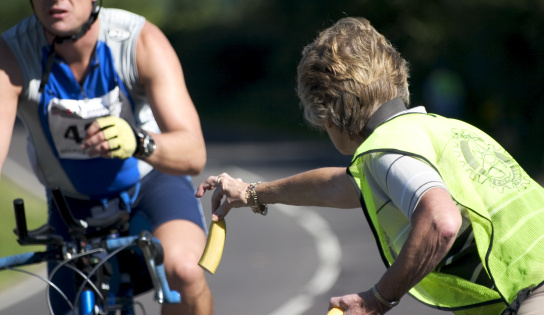Saunas have long been used for relaxation and cleansing, but in recent years, these hot rooms are also being used for recovery and wellness. Heat therapy helps to reduce pain, improve circulation, and increase flexibility—all of which can lead to improved physical performance. But before you jump into a sauna session, it’s important to know the protocols. Here’s what you need to know about sauna protocols for recovery and wellness.
Pre-Session Prep Work
Before you get into the sauna, there are some things you should do beforehand. Make sure that your body is ready by drinking plenty of fluids prior to entering a sauna session. This will help replenish any lost electrolytes and keep your body hydrated so that it can better handle the heat. It is also important to stretch your muscles prior to entering the sauna room as this can help improve blood flow throughout your body and reduce soreness after a session.
In-Room Protocols
When you enter the sauna room, take some time to adjust yourself accordingly—both physically and mentally. Feel free to remove any jewelry or clothing that could be affected by extreme temperatures; however, make sure that your skin is still exposed so that it can be heated properly by the room temperature. Once you’re comfortable in the space, focus on deep breathing exercises while taking breaks every five minutes or so if needed. Depending on how hot the room is set at (which will vary based on what type of heat therapy treatment you’re receiving), it is typically recommended that sessions last anywhere from 15-20 minutes at a time with 3-4 sessions per day being optimal for recovery purposes.
Post-Sauna Reflection
Once your session has ended, give yourself some time for reflection both physically and mentally. Take note of how your body feels during different stages of the activity; if necessary utilize notes or an app to record this information as well as other relevant data such as heart rate or body temperature readings throughout each session. Doing this will not only help document your progress but also give insight into areas where improvement may be needed. Additionally, make sure that you stay hydrated post-session as well in order to rehydrate lost electrolytes during physical exertion; eating something light afterwards like fruits or vegetables is also beneficial as they contain antioxidants which aid in cellular regeneration after intense physical activity.
Whether you’re looking for relief from muscle soreness or just want to relax after a long day at work, incorporating heat therapy through saunas into your routine can be extremely beneficial when done correctly with safety protocols in mind. By following these pre-, during-, and post-session guidelines outlined above, you can maximize your results while minimizing any potential risks associated with using hot rooms for recovery purposes or relaxation techniques like yoga or meditation practices. So go ahead—give a sauna session a try today! You won’t regret it!





